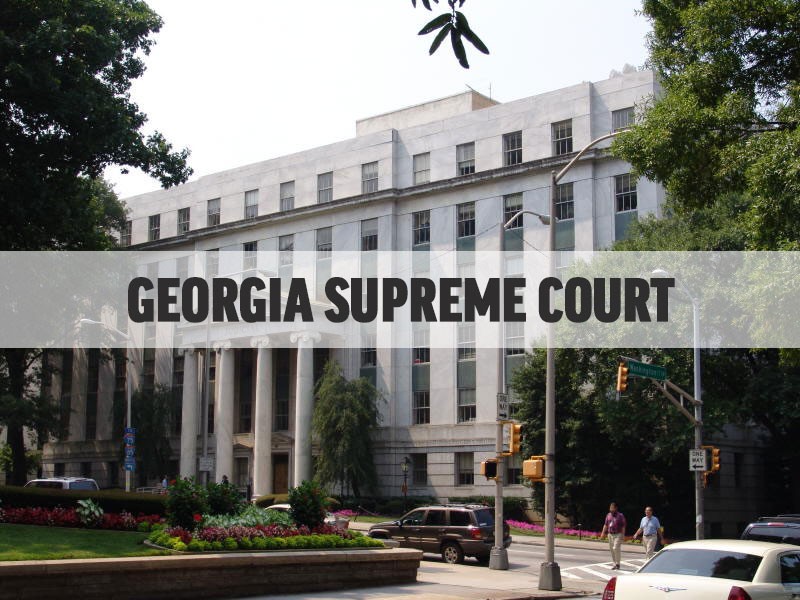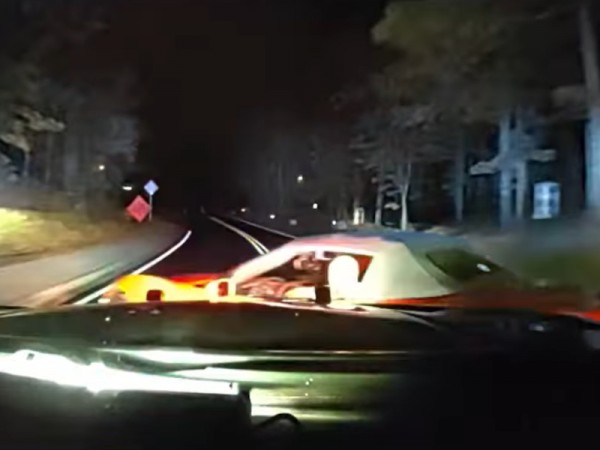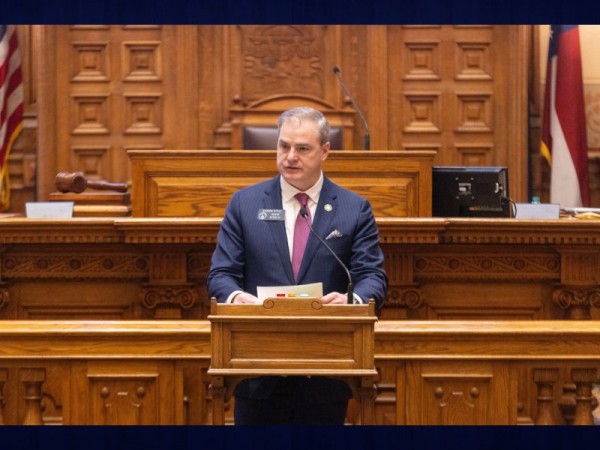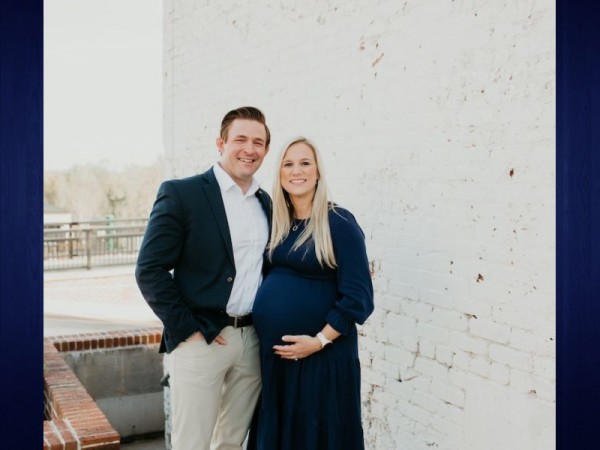The State Supreme Court has upheld two murder convictions and sentences for two Forsyth County men in two separate cases involving the deaths of children.
Both cases involve men beating to death the children of their girlfriends.
In the first case, Christopher Everett Truett will remain in prison for life without parole in the beating death of Wyatt Pruitt, 2, the son of Truett's girlfriend.
Truett claimed he needed a new trial because the Forsyth County Superior Court judge erred in refusing to permit him to ask his character witnesses if they “would be comfortable with him around their children” or about specific instances of good character. The trial court denied his motion for new trial on this ground, finding that any error in excluding the disputed evidence was harmless.
The court unanimously agreed, with Justice Michael P. Boggs writing, “We agree, both because the proffered testimony would have been cumulative and because the evidence of Truett’s guilt was very strong.”
At trial, the medical examiner said Pruitt had been beaten, suffering internal bleeding, and the injuries appeared deliberate. A jury trial found Truett guilty of malice murder, felony murder, aggravated battery and child cruelty in the first degree. The full opinion with more details can be found here.
In the second case, Eder Acosta's murder conviction and life prison sentence were upheld in the beating death of his girlfriend's 6-year-old son.
Acosta argued the Forsyth County Superior Court erred in admitting into evidence statements he made in a first interview with law enforcement officers and for denying his request to instruct jurors on the lesser offense of misdemeanor involuntary manslaughter.
The court was unanimous, with Justice Carla Wong McMillian writing "Discerning no error, we affirm."
In Acosta's appeal, he claimed the trial court erred in admitting statements because he was not read his Miranda rights, and therefore the statements were not mandatory. The high court disagreed. He also said jurors should have been instructed about the lesser offense of misdemeanor involuntary manslaughter, but the court confirmed that Acosta was not entitled to that charge as the evidence didn't support it. Further details and the full opinion can be found here.
















